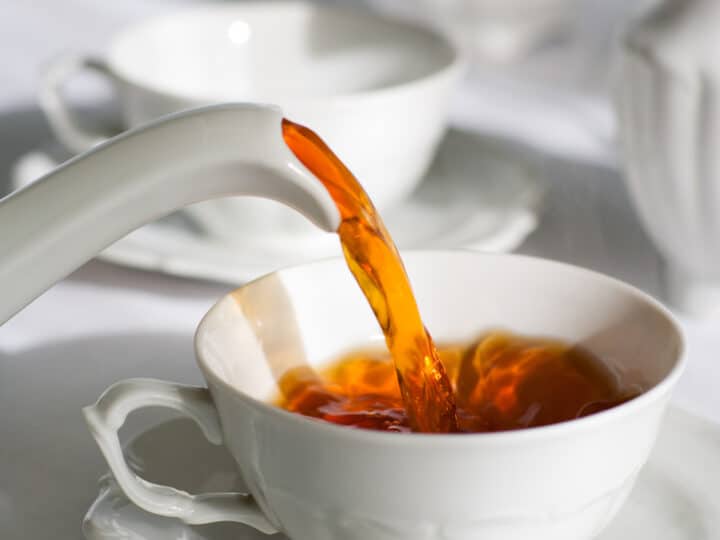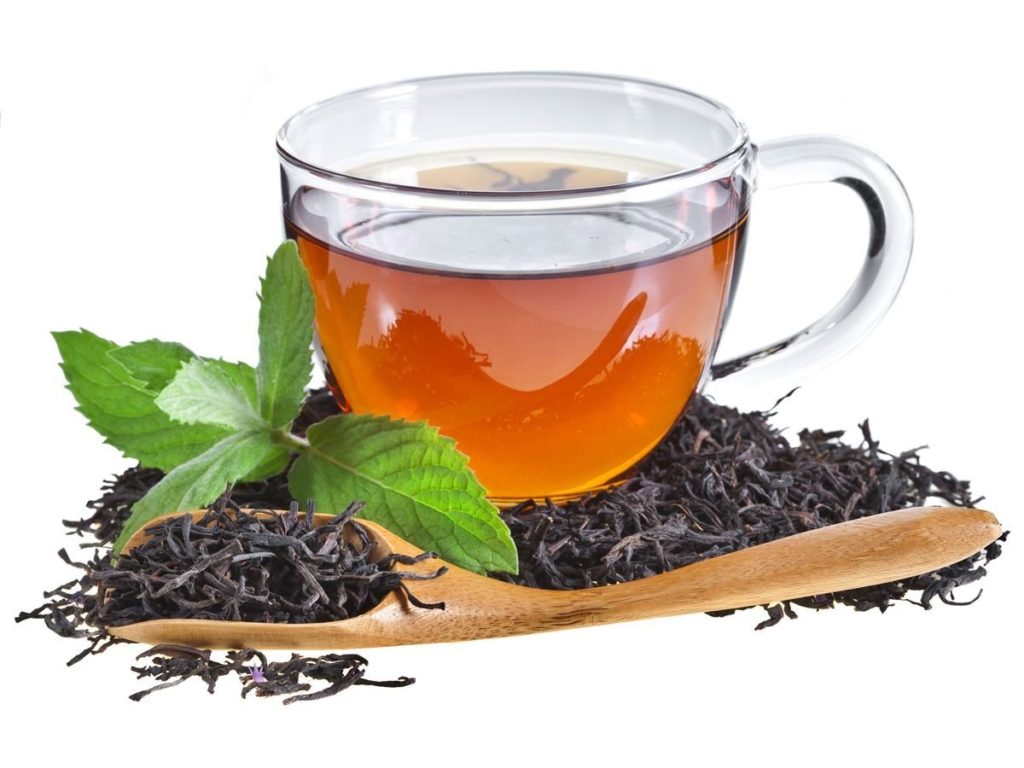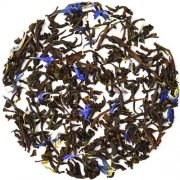Types and efficacy of tea what kind of tea has the most refreshing and refreshing effect and good caffeine content?
Tea is known to contain varying amounts of caffeine, which may or may not appeal to tea consumers for a variety of reasons. Caffeine, a member of the xanthine family, is colorless and odorless, but it does taste a bit bitter in hot water. Caffeine is naturally found in organic black tea, green tea and other tea blends.
The caffeine content of tea varies, so it is important for drinkers to know the caffeine content of their favorite tea. Caffeine is known to be a mood enhancer that boosts alertness and stimulates metabolism, but not everyone can or wants to ingest it. Because it is a mood enhancer, people who drink tea regularly may develop tolerance to caffeine, meaning they have to drink more tea to achieve the same effect.

In addition, caffeine's basic effects may make some tea drinkers unhappy, including restlessness, insomnia and anxiety. For anyone who may have these effects, it's best to know how much caffeine is in their chosen beverage.
Caffeine is naturally present in tea trees, so all brewed tea contains caffeine.
The hotter the water, the longer it steeps, and the higher the caffeine content of the tea-black tea or oolong tea, for example. Cooler water and shorter steeping times extract less caffeine--both green and white.
Tea is the only plant that contains l-theanine, an amino acid that promotes calm and relaxation. Its synergistic effect with caffeine causes a state of mindful alertness.
It is believed that caffeine in tea is absorbed more slowly than caffeine in coffee. This gentle release can promote longer periods of alertness without creating a jittery shock at the beginning or end.
Tea leaves contain about 3 percent caffeine by weight; however, soil chemistry, tea plant type, and whether the tea leaves are dry or wet can all affect caffeine levels.
[White Tea]
The caffeine content is about one-third that of a cup of coffee.
[Green Tea]
The caffeine content is about one-third that of a cup of coffee.
[Oolong Tea]
The caffeine content is about one-third that of a cup of coffee.
[Black Tea]
The caffeine content is about half that of a cup of coffee.
[Herbs]
Natural caffeine free! Herbs do not contain tea leaves, but steeped herbs such as ginger or chamomile.

Organic tea and its caffeine content
Black tea contains about 14 to 61 milligrams per 8-ounce cup, which is significantly higher than any other tea. Green tea is next, with about 36 milligrams per 8-ounce cup. White tea has the lowest caffeine content, at just 25 mg per 8-ounce cup.
How to drink tea with caffeine sensitivity
Tea lovers who are sensitive to caffeine can still enjoy their favorite tea. You can consider making less tea and using water with a slightly lower temperature, which can reduce the caffeine content in the tea. You can also opt for green and white teas because they have lower caffeine than black tea and have a shorter steeping time.
Important Notice :
前街咖啡 FrontStreet Coffee has moved to new addredd:
FrontStreet Coffee Address: 315,Donghua East Road,GuangZhou
Tel:020 38364473
- Prev

Earl Grey Tea how to drink well and brew the right water temperature time suggestion on the taste and flavor of Earl black tea
Sweet, floral, sour and bergamot bitter aromas blend perfectly with strong and sweet black tea with malt. For some people, flavored black tea is easier to taste because it masks the astringency or bitterness that may be emitted by soaked tea. For others, flavored tea is just a more interesting and exotic way to drink tea, used to explore the taste of all kinds of tea. All over the world
- Next

Is the matcha latte coffee? Does the matcha latte contain caffeine? The method of making matcha latte
Such as the title. Many little sisters and brothers come in and say: boss, I'd like a cup of coffee, "matcha latte" packed and carried away, thank you! Many cafe owners say that products such as matcha lattes and cocoa lattes are an essential part of the ordering system. No matter how the menu is changed, there will always be a place for them. A code worker who has had the experience of opening a store, also
Related
- Beginners will see the "Coffee pull flower" guide!
- What is the difference between ice blog purified milk and ordinary milk coffee?
- Why is the Philippines the largest producer of crops in Liberia?
- For coffee extraction, should the fine powder be retained?
- How does extracted espresso fill pressed powder? How much strength does it take to press the powder?
- How to make jasmine cold extract coffee? Is the jasmine + latte good?
- Will this little toy really make the coffee taste better? How does Lily Drip affect coffee extraction?
- Will the action of slapping the filter cup also affect coffee extraction?
- What's the difference between powder-to-water ratio and powder-to-liquid ratio?
- What is the Ethiopian local species? What does it have to do with Heirloom native species?

